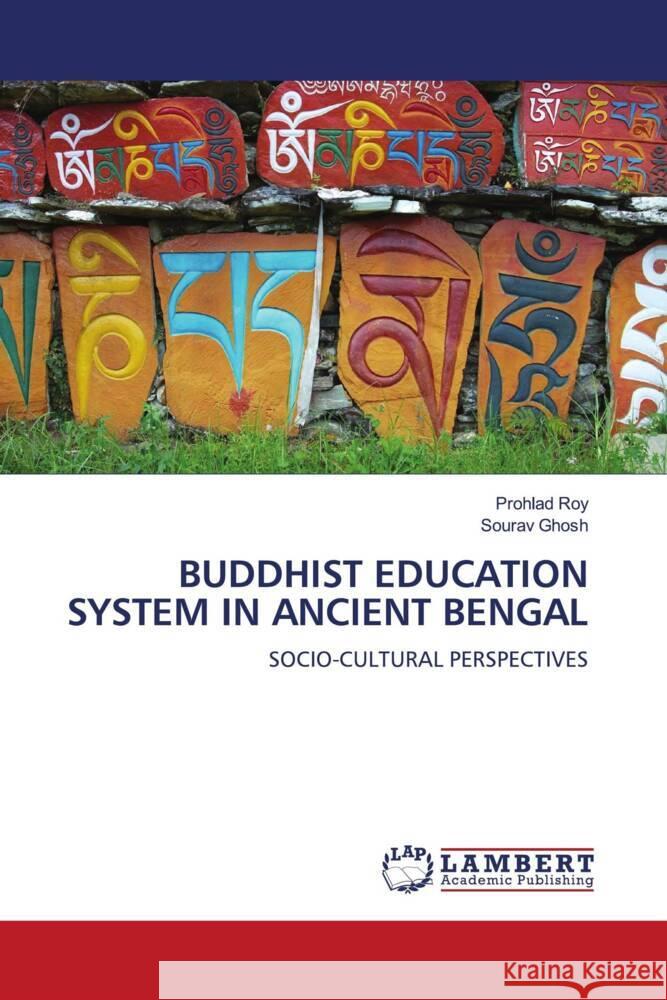BUDDHIST EDUCATION SYSTEM IN ANCIENT BENGAL » książka
BUDDHIST EDUCATION SYSTEM IN ANCIENT BENGAL
ISBN-13: 9786205489000 / Angielski / Miękka / 76 str.
The remarkable contribution of Lord Buddha and his great philosophies in human life, as well as human civilization, is undeniable. This study mainly focuses on the influence of Buddhist Education among the people of ancient Bengal. Buddhist Education in those days was rather more democratic. Its inhabitant was above all sort of narrow discrimination based on class, creed, gender, and caste. The rise of Buddhism had taken the idea of Education closer to the threshold of the common people. Later on, during further studies, it was found that the monasteries were the centres of Buddhist Education, and those were popularly known as Buddhist Viharas. The Education system ran by the monasteries had a specific model and subject and was firmly based on some principles and rules. The teachers and students within the system were bound to obey the laws and regulations imposed by the particular monastery. Unlike all the other ancient Education systems Buddhist education considered women the right to attain knowledge; such circumstances indicate the possibility of the women possessing an equal position with men within the society.











